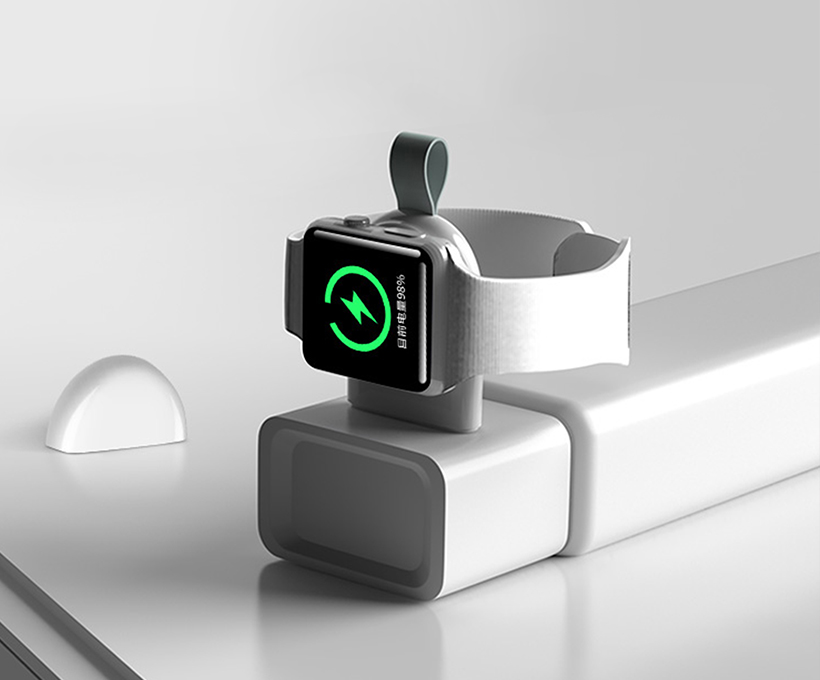Address
304 North Cardinal
St. Dorchester Center, MA 02124
Work Hours
Monday to Friday: 7AM - 7PM
Weekend: 10AM - 5PM
Address
304 North Cardinal
St. Dorchester Center, MA 02124
Work Hours
Monday to Friday: 7AM - 7PM
Weekend: 10AM - 5PM

The Qi standard is a wireless charging standard developed by the Wireless Power Consortium (WPC), an industry organization consisting of various technology companies. Qi (pronounced “chee”) is derived from the Chinese word for “energy flow” and represents the concept of wireless power transfer. The Qi standard specifies the technical requirements for wireless charging, ensuring interoperability between different devices and chargers that comply with the standard. It defines the parameters and protocols necessary for efficient and safe wireless charging.
The key aspects of the Qi standard include Inductive Charging, Power Transfer, Frequency and Range, Safety and Interoperability, Power Profile Negotiation. The Qi standard is based on inductive charging, which uses electromagnetic induction to transfer power from a charging pad or base station to a compatible device. It involves the interaction between two coils: one in the charging pad and the other in the device being charged. By defining the power transfer requirements, including the maximum power output of the charger, the power receiving capabilities of the device, and the efficiency of power transfer, Qi standard ensures reliable and efficient charging while minimizing energy waste. Devices complied with Qi standard operate at a frequency of 110-205 kHz, which is within the range of non-ionizing electromagnetic radiation. This frequency range enables efficient power transfer while maintaining compliance with safety regulations. The Qi standard also incorporates safety features to protect the devices against overvoltage, overcurrent, and overheating. It also ensures interoperability between different Qi-compliant devices and chargers, allowing users to charge their devices with any compatible Qi charger. The Qi standard includes protocols for power profile negotiation between the charger and the device. This allows the charger to communicate with the device and determine the optimal power level for charging.
The Qi standard has gained widespread adoption and support from various technology companies, making it one of the most commonly used wireless charging standards. Many smartphones, smartwatches, earbuds, and other devices are Qi-compatible, allowing users to charge them with Qi-certified chargers. When purchasing a Qi charger or a Qi-compatible device, it’s important to look for the Qi logo or certification to ensure compatibility and adherence to the standard.